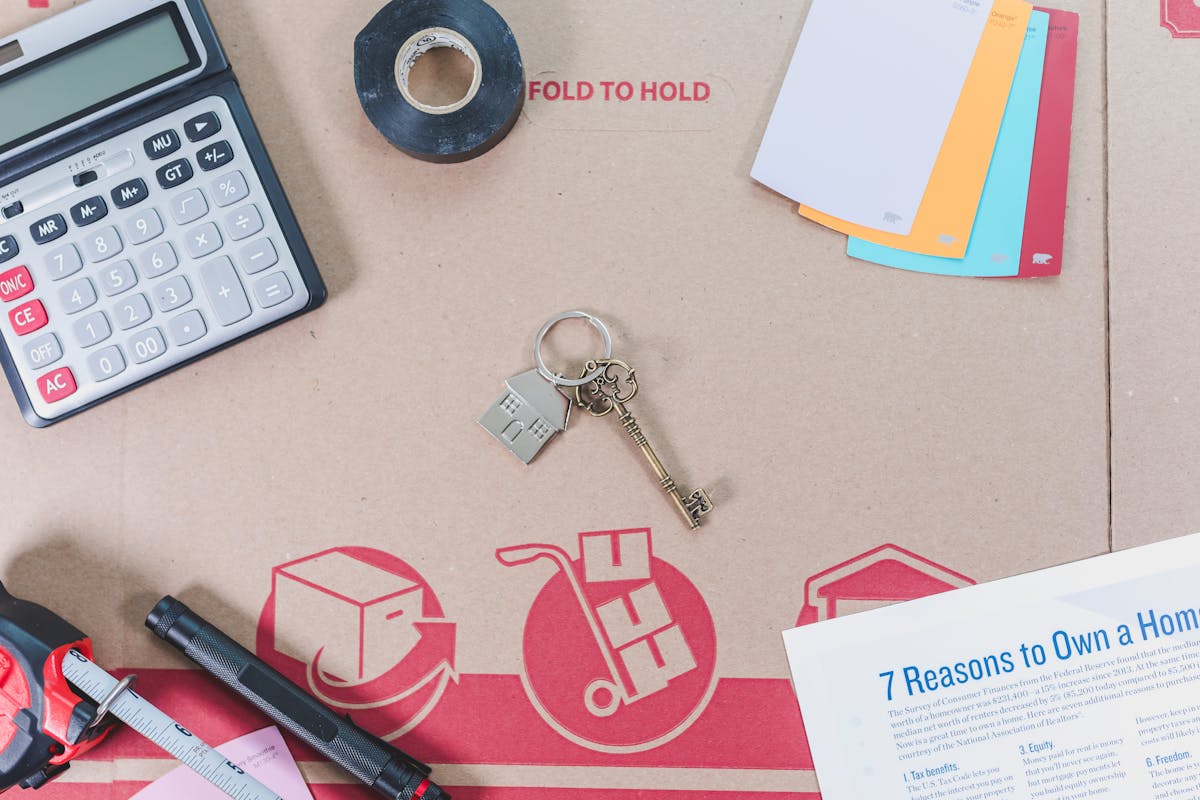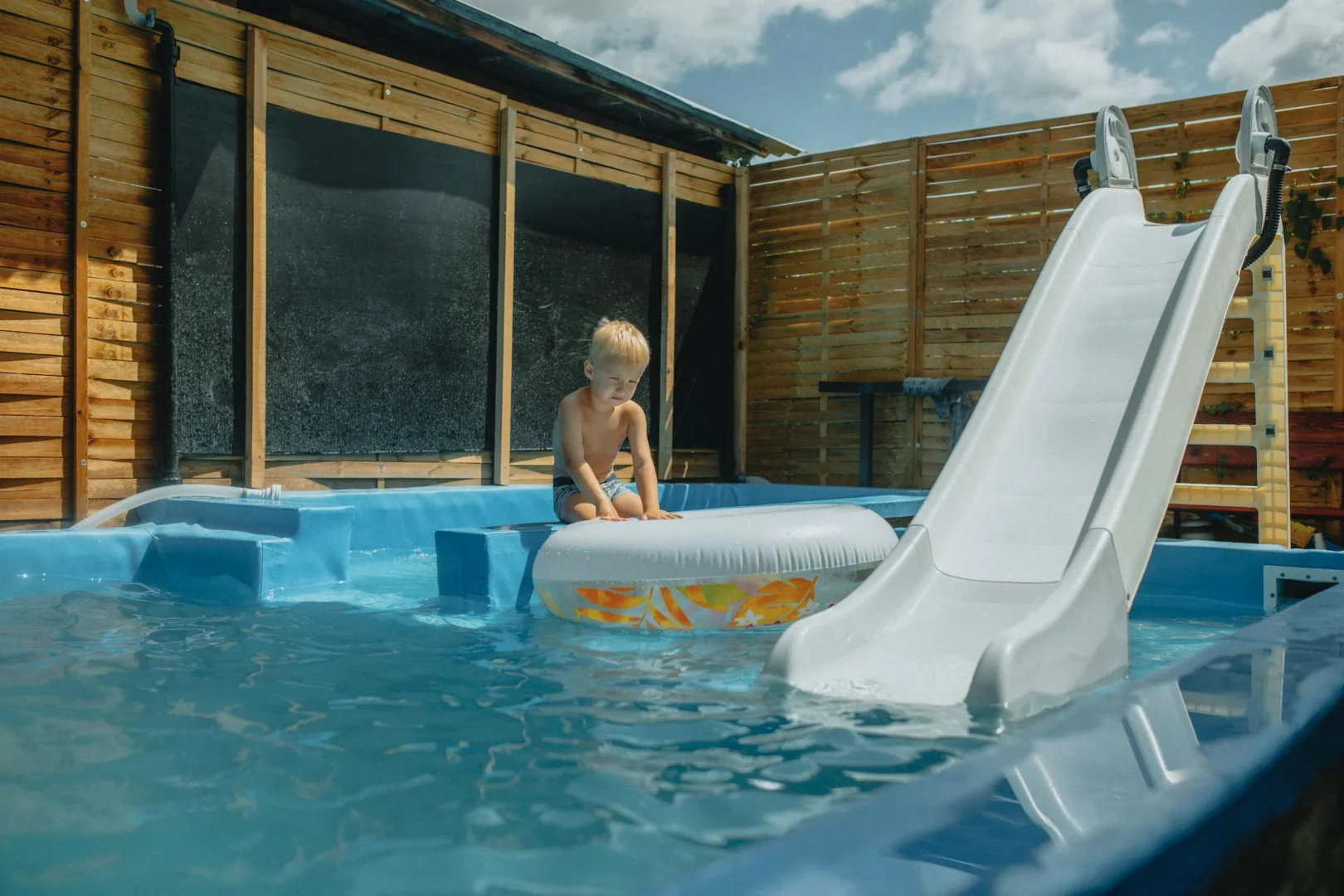Are you thinking about purchasing a second home? Whether you want to buy a vacation home, secure an investment property, or create a future retirement residence, buying a second house requires careful planning. This comprehensive guide will walk you through everything you need to know about the purchase of a second home, from financing options to long-term considerations.

Why Consider Buying a Second Home
Top Reasons to Buy a Second Property
Many homeowners want to buy a second home for various compelling reasons. A vacation home provides a reliable getaway where you can create lasting memories without worrying about hotel availability or rental costs. Investment properties can generate passive income and build long-term wealth. Some buyers see second homes as future retirement destinations, while others purchase them to help family members with housing needs.
The right time to buy a second home often coincides with favorable mortgage rates and your personal financial stability. Currently, many lenders offer competitive options for those looking to expand their real estate portfolio beyond their primary residence.

How a Second Home Can Help Your Financial Future
A second home can also provide significant financial benefits. As property values appreciate over time, your investment grows. Home prices tend to increase over the long term, making real estate a reliable wealth-building strategy. Additionally, if you rent your second home when you’re not using it, the rental income can offset your mortgage payment and other ownership costs.
Many homeowners see second homes as diversification in their investment portfolio, providing a tangible asset that may perform differently than stocks or bonds. Your second home can also serve as a legacy asset to pass down to future generations.
Differences Between Buying a First Home vs. Second House
The process of buying a second house differs from purchasing your primary home in several important ways. Most notably, lenders typically require higher down payments and charge higher interest rates for second home mortgages. While you may have been able to secure your first home with as little as 3-5% down, a second home down payment is often 10-25% of the purchase price.
The qualification criteria are also more stringent for second home loans. Lenders want to ensure you can manage two mortgage payments, property taxes on multiple properties, and maintenance costs for both homes. Your debt-to-income ratio becomes even more important when applying for a second home mortgage.

Afford a Second Home: Financial Planning
Calculate What You Can Afford for a Second Property
Before you start browsing listings, it’s essential to determine how much you can afford for a second home. Standard financial advice suggests your total housing expenses shouldn’t exceed 28-36% of your gross income. With two properties, careful budgeting becomes even more crucial.
Remember to factor in all expenses beyond the monthly mortgage payment:
- Property taxes (which may be higher for non-primary residences)
- Insurance (often higher for vacation homes)
- Utilities (even when you’re not there)
- Maintenance (potentially including property management fees)
- Travel costs to visit your second home
Your lender will carefully assess your financial situation to determine how much you can borrow for a second home mortgage loan. Most will require you to have substantial reserves even after closing on your second property.
Using Equity from Your First Home
Many buyers tap into the equity of their current home to help finance a second property. Home equity—the difference between your primary home’s value and your remaining mortgage balance—can be a powerful resource when you want to buy a second home.
There are several ways to borrow against the equity in your primary residence:
1. Home equity loan: This provides a lump sum with a fixed interest rate and predictable monthly payments.
2. Home equity line of credit (HELOC): Offers flexible access to funds with variable interest rates, functioning similar to a credit card.
3. Cash-out refinance: Replaces your existing mortgage with a larger loan, giving you the difference in cash.

Using home equity to finance your second home purchase can be advantageous because mortgage interest on home equity debt may be tax-deductible when used for home improvements (consult your tax advisor for specifics regarding your situation).
Tips to Help You Buy Within Your Budget
To make your dream second home affordable:
- Consider less expensive markets that still meet your needs
- Look for properties that offer rental potential when you’re not using them
- Explore foreclosures or fixer-uppers if you’re comfortable with renovations
- Consider co-ownership with family or friends to share costs
- Start small with a condo or townhouse instead of a single-family home
Remember that taking on a second home is a big financial commitment. Make sure you’re able to afford a second property without compromising your other financial goals like retirement savings or education funds.
Second Home Mortgage Options
Home Mortgage Types for Second Properties
Several mortgage loan options are available when financing a second home:
Conventional mortgages are the most common choice for second homes. These loans conform to Fannie Mae and Freddie Mac guidelines and typically require at least 10% down payment, though 20% or more will help you secure better terms and avoid private mortgage insurance.
Jumbo loans become necessary if your second home exceeds conforming loan limits, which vary by location. These larger loans often come with stricter requirements and higher interest rates.
FHA and VA loans generally cannot be used for second homes, as they require the property to be your primary residence.

How a Second Mortgage Works
A second mortgage on a second home works similarly to your primary home mortgage but with key differences. Your mortgage lender will evaluate your application based on:
- Credit score (typically needing 700+ for best rates)
- Debt-to-income ratio (including both properties)
- Assets and cash reserves
- Income stability
- Property type and location
The interest rate on your second home mortgage will typically be 0.5-1% higher than rates for primary residences. This reflects the increased risk to the lender, as homeowners historically prioritize their primary home payments during financial hardship.
Your monthly mortgage payment will include principal, interest, taxes, and insurance, just like with your primary home. However, property taxes and insurance may be higher for second homes, particularly vacation homes in desirable locations.
Getting a Loan for a Second Home: Requirements
To qualify for a loan for a second home, you’ll typically need:
- A credit score of 680 or higher (though 700+ will secure better rates)
- A debt-to-income ratio below 43% (including both mortgage payments)
- Sufficient cash reserves to cover 2-6 months of payments on both properties
- A down payment of at least 10% (20%+ for better terms)
- Proof of stable income
If you’re planning to rent the property part-time, some lenders may allow you to factor potential rental income into your qualification. However, they’ll usually only count a portion of projected rent (typically 75%) and may require previous landlord experience.

What to Consider Before Buying a Second Home
Location Considerations for Your Second House
The location of your second house should align with your intended use. For vacation homes, consider:
- Distance from your primary residence
- Accessibility (driving distance or flight time)
- Seasonal factors (is it enjoyable year-round?)
- Local amenities and attractions
- Natural disaster risks and insurance costs
For investment properties, focus on:
- Local job market and population growth
- Rental demand and occupancy rates
- Property value appreciation trends
- Local regulations regarding rentals
- Property management options
The ideal location balances your personal preferences with practical considerations like maintenance and potential rental income if you plan to rent your second home when you’re not using it.
Property Maintenance and Management
Maintaining a second property presents unique challenges, especially if you don’t occupy the home year-round. Consider how you’ll handle:
- Regular inspections to catch problems early
- Lawn care and exterior maintenance
- Winterization in seasonal properties
- Security during vacant periods
- Emergency repairs when you’re not nearby
Many second home owners hire property management companies to oversee their homes, which typically cost 8-12% of rental income or a flat monthly fee. This option is particularly valuable if your second home is far from your primary residence or if you plan to rent the property to short-term guests.

Tax Implications of Owning a Second Home
The tax consequences of second home ownership vary based on how you use the property:
For personal-use second homes:
- Mortgage interest may be deductible (subject to limits)
- Property taxes may be deductible (subject to SALT limits)
- No deductions for maintenance or utilities
- No capital gains exclusion when selling (unlike primary homes)
For rental properties:
- Rental income must be reported
- Operating expenses may be deductible
- Depreciation deductions may apply
- Special tax rules apply to properties used personally and as rentals
Consult with a tax professional to understand how a second home purchase will affect your specific tax situation, as tax laws change and individual circumstances vary significantly.
Planning to Rent Your Second Property
Benefits When You Use the Second Home as a Rental
Renting out your second home when you’re not using it offers several advantages:
- Rental income can help cover your monthly mortgage payment and other expenses
- You may qualify for valuable tax deductions as a landlord
- Someone is regularly “checking in” on your property
- You build equity while someone else helps pay the mortgage
- Short-term rentals through platforms like Airbnb or VRBO can generate significant income in vacation destinations
Many lenders recognize these benefits and may be more willing to approve your mortgage if you plan to generate rental income. However, remember that rental properties require additional work or the expense of a property manager.

Legal Considerations for Landlords
Before you rent your second home:
- Check HOA, condo, or co-op rules that might restrict rentals
- Research local zoning laws and short-term rental regulations
- Obtain proper permits and business licenses
- Secure appropriate landlord insurance coverage
- Create legally compliant lease agreements
- Understand landlord-tenant laws in your property’s location
Some vacation destinations have implemented strict regulations on short-term rentals, so thoroughly research local rules before purchasing a property with rental income plans.
How Rental Income Can Help Offset Costs
Strategic rental timing can significantly reduce the cost of owning a second home. For example, if you own a beach house and only use it during summer weekends, you could rent it out weekdays and during off-season months to maximize income.
A well-managed vacation rental in a desirable location may generate enough rental income to cover most or all of your carrying costs, including your mortgage loan, property taxes, insurance, and maintenance. Some owners even turn a profit, making their second home an investment property as well as a personal retreat.
Remember that rental income isn’t guaranteed and can fluctuate with economic conditions, seasons, and local events. Conservative financial planning suggests you should be able to afford your second home even without rental income.
How to Use the Second Home Effectively
Vacation Property Strategies
To maximize enjoyment of your vacation home:
- Create a calendar system to plan personal use, guest visits, and rental periods
- Consider forming a vacation home LLC for liability protection
- Establish house rules for family members and renters
- Stock essentials so you don’t have to transport items back and forth
- Build relationships with local service providers for maintenance needs
Many successful vacation home owners create a “lock-off” area where they can store personal items securely even when the property is rented to others.

Investment Potential of Your Second House
Beyond personal enjoyment, your second home can be a valuable investment:
- Long-term appreciation potential as home prices increase over time
- Rental income that may grow as the property appreciates and rental rates rise
- Potential tax advantages through deductions and depreciation
- Portfolio diversification beyond stocks and bonds
- Inflation hedge through hard assets
The investment performance of your second home will largely depend on location selection, purchase price, financing terms, and how effectively you manage the property or your property manager.
Balancing Personal Use and Rental Income
Finding the right balance between enjoying your second home and maximizing rental income requires thoughtful planning:
- Block prime personal use periods first (holidays, school breaks, etc.)
- Consider renting during peak demand periods when rates are highest
- Use the shoulder seasons for personal enjoyment (often the best weather with fewer crowds)
- Track your personal use days for tax purposes (different rules apply at different thresholds)
- Set up systems that make transitions between personal use and rentals seamless
With proper planning, you can have the best of both worlds—a vacation home you love that also makes financial sense.

Conclusion
Buying a second home is a significant financial decision that requires careful consideration of your goals, resources, and long-term plans. Whether you’re seeking a vacation retreat, an investment opportunity, or both, understanding the mortgage options, costs, and responsibilities of second home ownership is essential.
By leveraging resources like home equity from your current home, choosing the right location, and potentially offsetting costs through rental income, you may be able to make your dream second home a reality. Just remember that a second home is both a lifestyle choice and a financial commitment—approach the decision with both your heart and your calculator.
Ready to take the next step? Contact mortgage lenders who specialize in second home financing to explore your options and determine if now is the right time to buy your second property.

